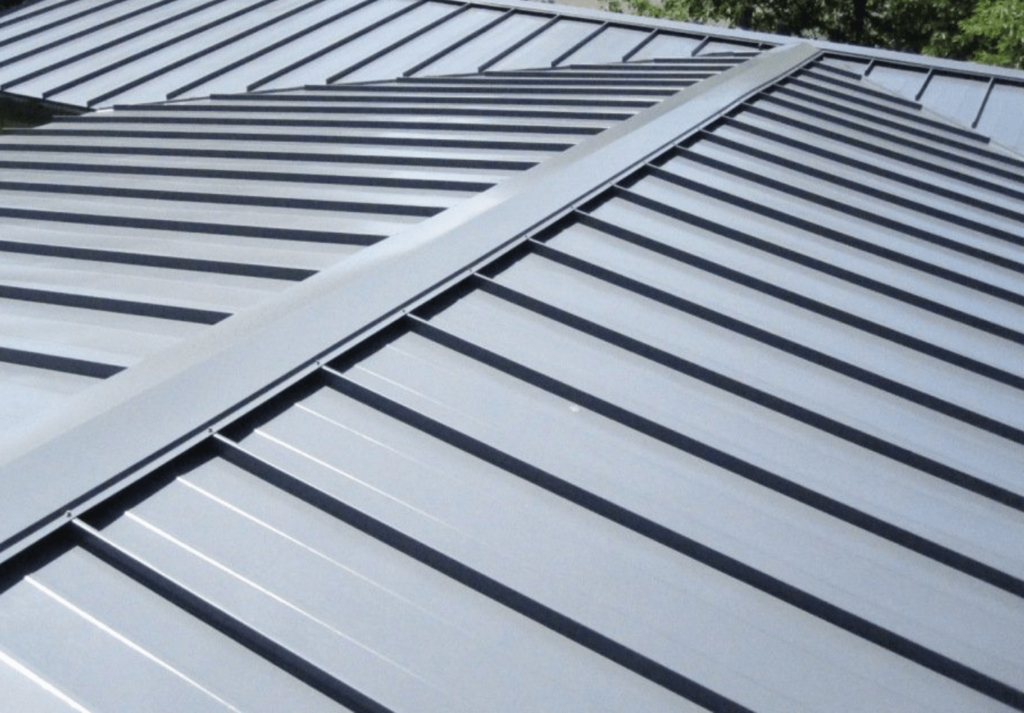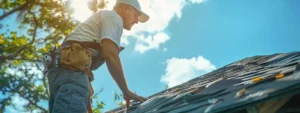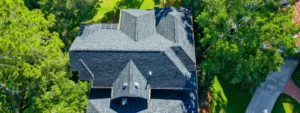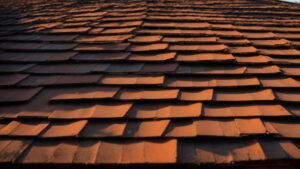Introduction: Converting low slope roofs to metal is a strategic decision that offers numerous benefits for property owners. In this comprehensive guide, we’ll delve into the advantages of such a conversion, exploring the efficiency, durability, and sustainability that metal roofing provides. Whether you’re a homeowner looking to upgrade your roof or a contractor seeking to offer valuable solutions to clients, understanding these benefits is crucial.

Efficiency: Metal roofing excels in efficiency, offering a range of advantages over traditional roofing materials. One key benefit is its reflective properties, which can significantly reduce energy costs. Metal roofs reflect solar radiant heat, keeping buildings cooler and reducing the need for air conditioning. This reflective quality can lead to lower energy bills and a more comfortable indoor environment, particularly in warmer climates.
Additionally, metal roofing is lightweight compared to other materials, which can reduce the structural load on a building. This weight reduction can have long-term benefits, potentially extending the lifespan of the building’s structure.
Durability: Durability is a hallmark of metal roofing, making it an attractive option for low slope roofs. Metal roofs can withstand harsh weather conditions, including heavy rain, snow, and high winds. Unlike traditional roofing materials such as asphalt shingles, metal roofs are also resistant to fire, mildew, and rot. This durability translates to long-term cost savings, as metal roofs require less maintenance and are less likely to need replacement.
Another key aspect of metal roofing’s durability is its longevity. While traditional roofing materials may need to be replaced every 15-30 years, metal roofs can last 50 years or more with proper maintenance. This longevity makes metal roofing a sustainable choice, reducing the environmental impact of roof replacements.
Sustainability: Metal roofing is also environmentally friendly. It is often made from recycled materials and can be recycled again at the end of its life, reducing waste. Additionally, metal roofs are energy efficient, helping to reduce the carbon footprint of buildings. By lowering energy consumption for heating and cooling, metal roofs contribute to a more sustainable built environment.
Cost-Effectiveness: While the initial cost of metal roofing may be higher than some traditional roofing materials, its long-term cost-effectiveness is undeniable. With its durability and low maintenance requirements, you’ll save money over the life of your roof.
Aesthetics: Metal roofing comes in a variety of styles, colors, and finishes, allowing you to choose a look that complements your building’s design. Whether you prefer a modern, sleek look or a more traditional appearance, there’s a metal roofing option to suit your taste.
Installation Process: The installation process for metal roofing is efficient and straightforward, especially when compared to other roofing materials. This means less disruption to your daily routine during the installation process.
Conclusion: Upgrading to metal roofing offers efficiency, durability, sustainability, cost-effectiveness, and aesthetic appeal. Whether you’re aiming to save on energy, extend your roof’s lifespan, or enhance your building’s appearance, metal roofing is a solid choice. If you are looking for an amazing roofing solution in the Jacksonville area, reach out to us at AJ Wells Roofing to learn more about how metal roofing can benefit your property.



